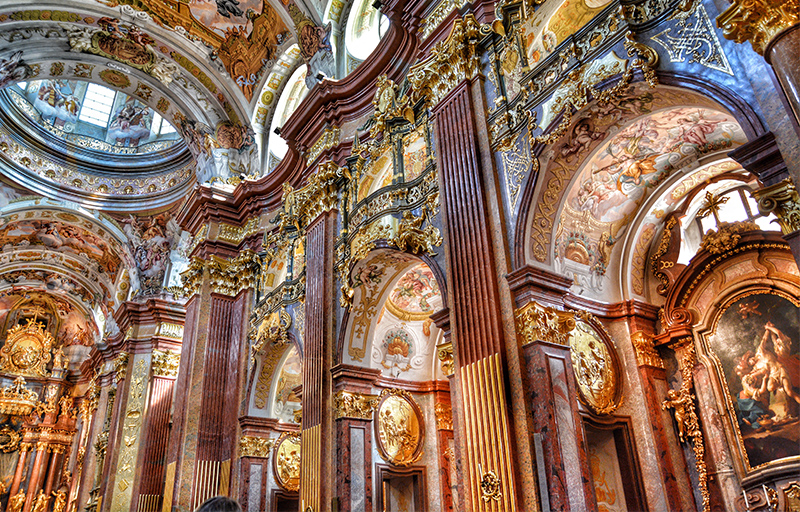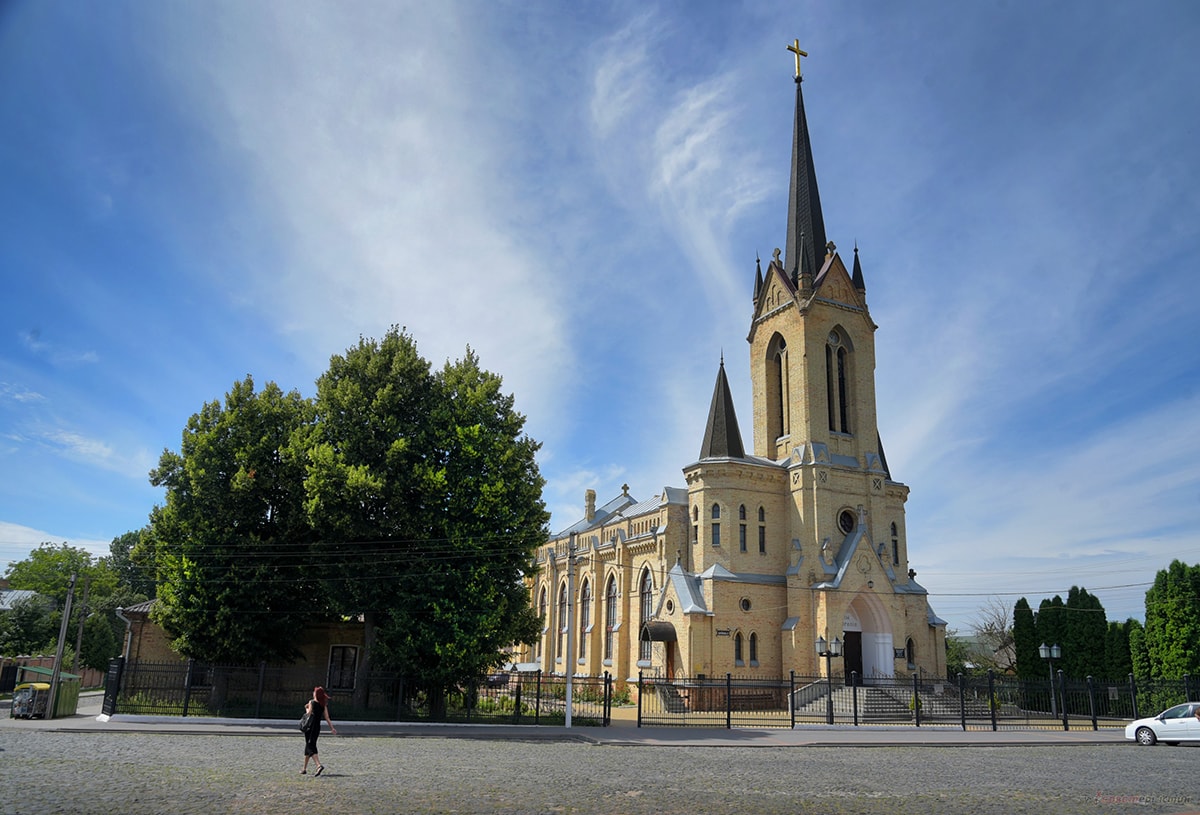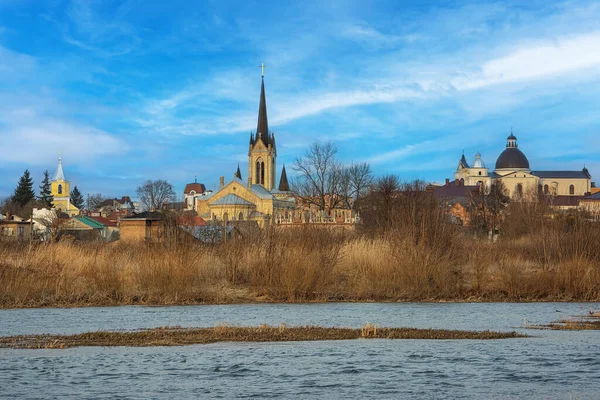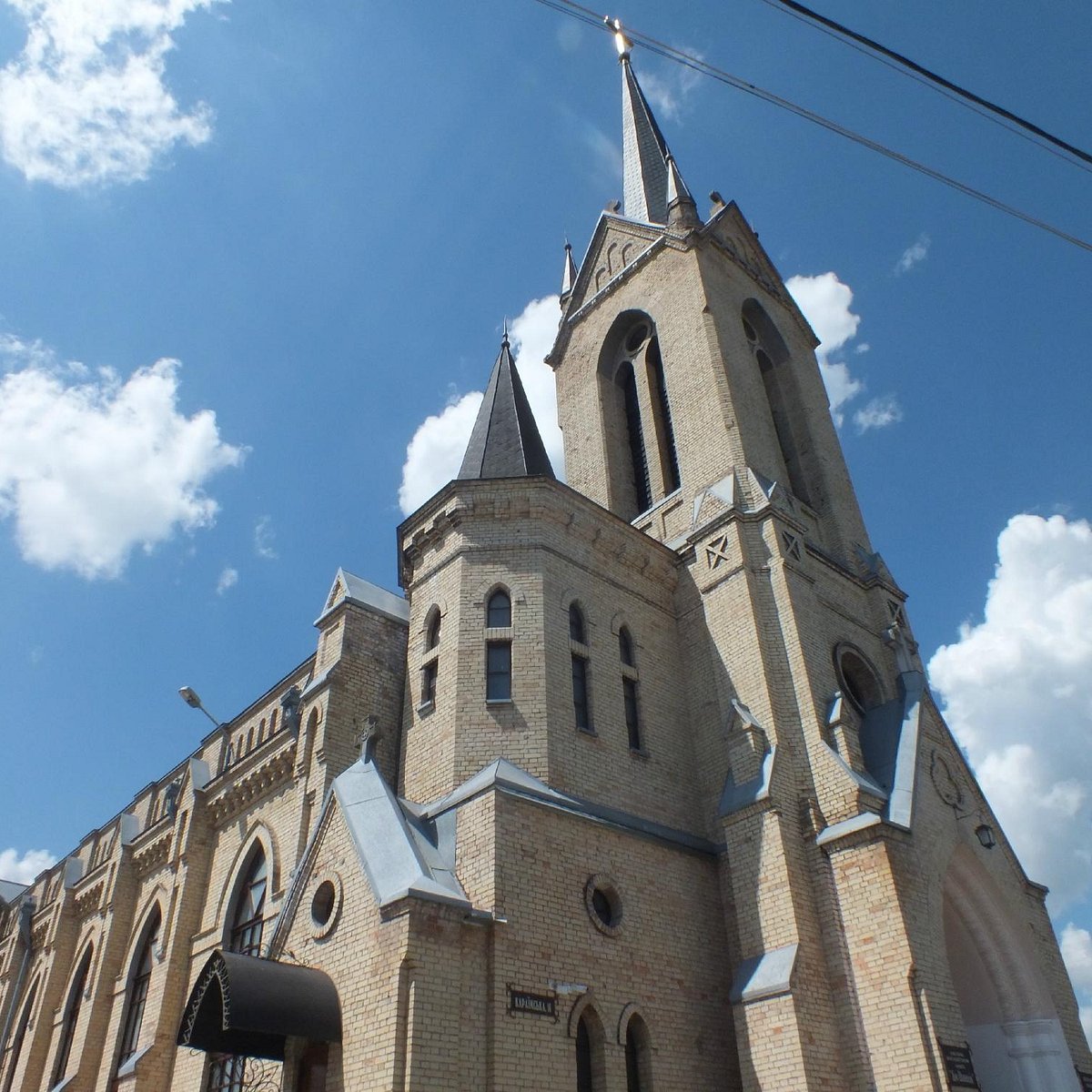Overview
The Ukrainian Lutheran Church is a Byzantine Rite Lutheran denomination based in Ukraine. With a history dating back to the seventeenth century and a more formal reorganization in the late 20th century, the ULC comprises 25 congregations serving over 2,500 members. The church also operates Saint Sophia Ukrainian Lutheran Theological Seminary in Ternopil, Western Ukraine.
History and Origins
Early Roots and Development Ukrainian Lutheranism originated in the seventeenth century, embedding itself within the broader spectrum of Eastern Christian traditions. The first significant liturgical text, the Ukrainian Lutheran Liturgy, was published in 1933, marking the formal adoption of the Byzantine Rite within the Lutheran framework.

Soviet Era Persecution The church faced severe persecution under the Soviet regime, particularly during the period of state atheism from 1939-1945. The KGB targeted the Ukrainian Evangelical Church of the Augsburg Confession, the precursor to the modern ULC. Many clergy and laypersons were martyred, including significant figures like Theodor Yarchuk, who was tortured and killed in Stanislaviv. The persecution led to many believers being sent to the Gulag, where they perished.
Diaspora and Revival Despite the hardships, parts of the church survived in the diaspora. In 1989, as the Soviet Union’s grip on religion relaxed during Perestroika, Pastor Yaroslav Shepeliavets from Minnesota’s Ukrainian Lutheran Church facilitated the importation of over 100,000 Ukrainian-translated Bibles from Germany. The ULC was officially reorganized in 1994 after the fall of the Soviet Union, with active mission work by the Evangelical Lutheran Synod’s “Thoughts of Faith” organization contributing to its revival. It gained official recognition as a Christian denomination by the Ukrainian government in 1996.

Beliefs and Worship
Doctrinal Foundations The ULC adheres strictly to the Bible as the sole authoritative source of doctrine and subscribes to the Lutheran Confessions, encapsulated in the Book of Concord. Central to its teachings is the belief that Jesus Christ is the core of Scripture and the pathway to eternal salvation. The Holy Spirit, through the gospel in Word and Sacrament (Baptism, Holy Communion, and Confession and Absolution), brings and sustains faith in Jesus Christ.

Liturgical Practices The ULC observes the Revised Julian calendar for its liturgical year, aligning closely with Orthodox customs in celebrating feast days and liturgical seasons such as Great Lent. Worship practices, including posture and bowing, mirror those found in other Eastern Christian traditions. The ULC’s calendar of saints includes figures revered in Eastern Christianity, like John Chrysostom and Nestor the Chronicler, as well as Lutheran-specific saints like Lucas Cranach the Elder and Martin Luther.

Architecture and Symbolism Ukrainian Lutheran parishes are constructed in the Byzantine architectural style, featuring elements characteristic of Eastern Christian church buildings. The church’s seal prominently displays the Luther Rose with a Suppedaneum Cross at its center, symbolizing its unique identity within the Lutheran tradition.
Affiliations and Ecumenical Relations
Membership in CELC The ULC is a member of the Confessional Evangelical Lutheran Conference (CELC), an international organization of confessional Lutheran church bodies that share common beliefs and practices.

Council of Churches of Ukraine The ULC is also a member of the Council of Churches of Ukraine, an ecumenical organization that fosters cooperation and dialogue among various Christian denominations within the country.
Conclusion
The Ukrainian Lutheran Church stands as a unique blend of Lutheran theology and Eastern Christian liturgical practices. From its historical roots in the seventeenth century, through periods of severe persecution, to its revival in the post-Soviet era, the ULC has maintained its distinct identity and continues to serve its members faithfully. Its affiliation with global Lutheran bodies and participation in ecumenical dialogue underscores its commitment to both its confessional heritage and broader Christian unity.


